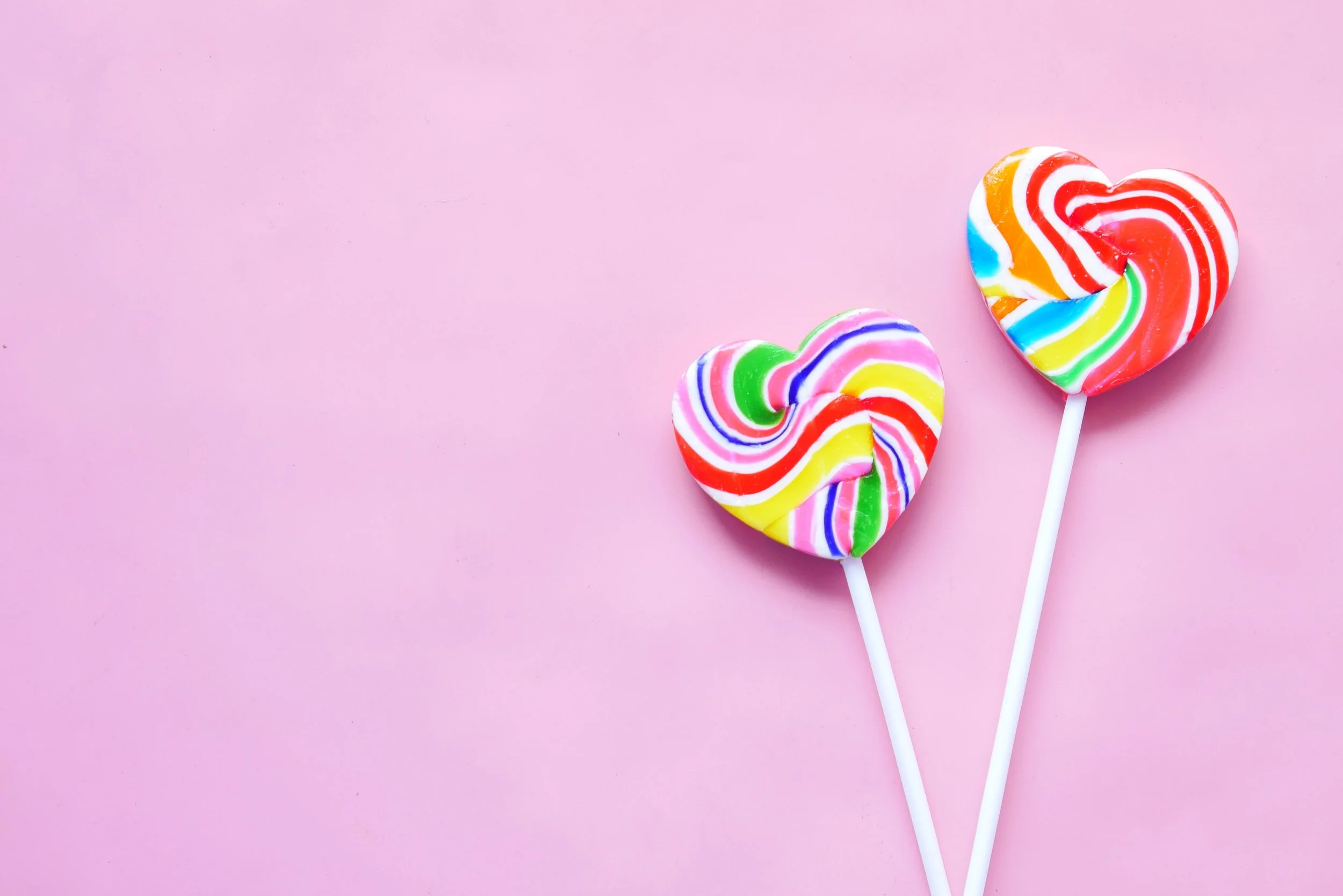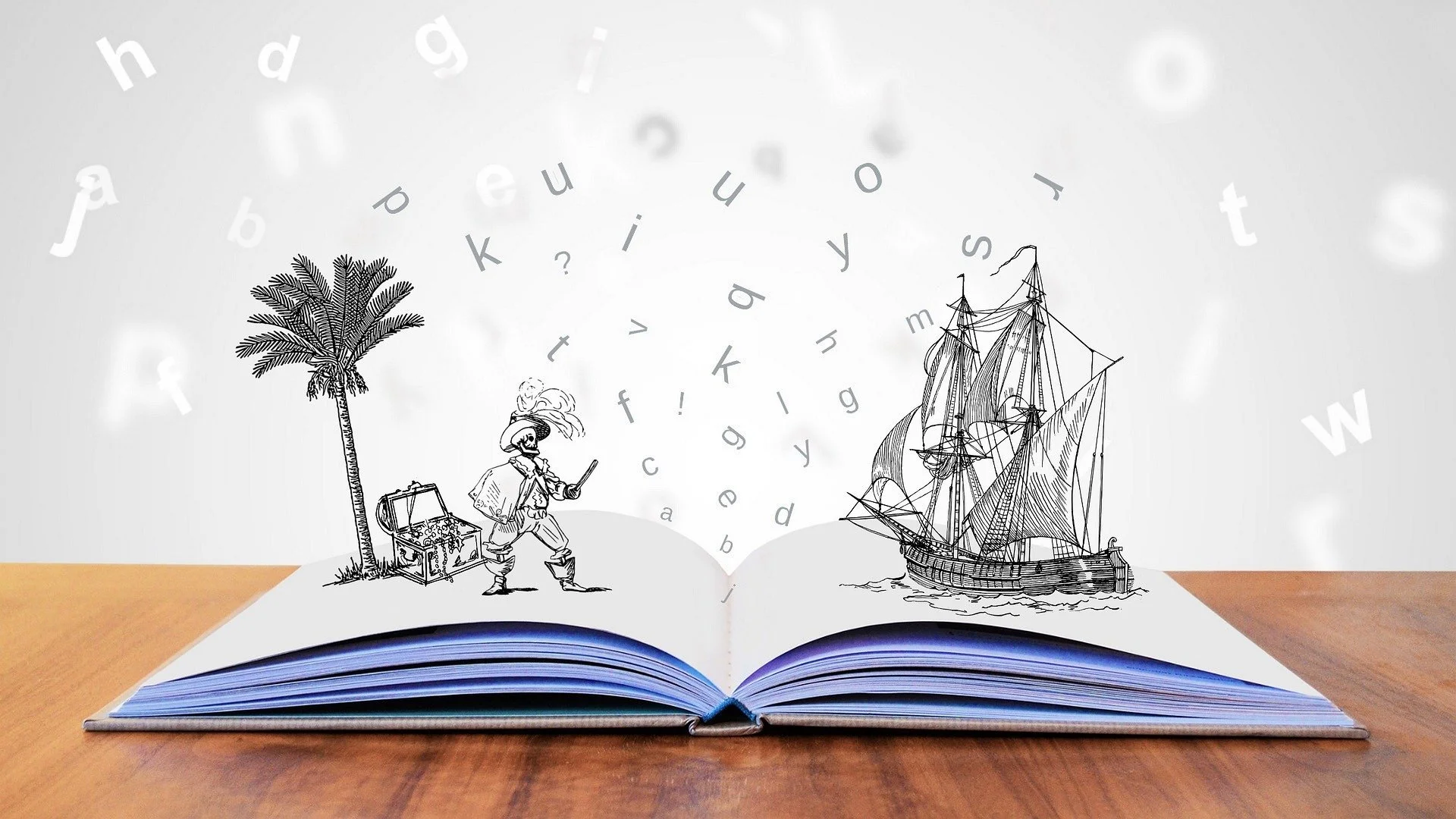What Tinder Tells You About Behavioural Science
Rory Sutherland recently said at an event, meeting his partner before the rise of online dating was like getting the last helicopter out of Saigon. It’s a point of view that many can understand.
Whether you love them or loathe them, dating apps have irrevocably changed the society we live in. Instead of meeting someone through friends, at the workplace or even swing dancing – the majority of us now meet our partners online.
However, as E.O. Wilson said “We have Paleolithic emotions, medieval institutions and godlike technology. And it is terrifically dangerous.” If you gave Ted Bundy a Tinder profile, he could manage to find a few decent photos and some reasonable responses to the prompts offered.
The removal of the traditional social context in which you meet your significant other has shown one thing: The sheer level of bs (behavioural science) you face when encountering strangers on the internet.
On that note, here are 4 concepts to bear in mind the next time you’re tempted to swipe:
- Paradox of Choice
Online dating is a candy store to some. On Tinder the top 78% of women are competing for the top 20% of men. If you’re lucky enough to be a “catch” the only limitation to your number of dates is your stamina and tolerance for small-talk.
Yet, people don’t actually like too much choice. Barry Schwartz in his book, appropriately titled The Paradox of Choice, says that the more choices you have the harder it is to choose. This can lead to analysis paralysis and unrealistic expectations.
As Voltaire said “the perfect is the enemy of the good”. The illusion that there are infinite options is making a lot of people miserable.
- The Attractiveness Bias
When you couple this with the fact that apps depend on photos, superficial metrics are bound to be disproportionately prioritised.
Two very unlikely individuals - Richard Nixon and John Fitzgerald Kennedy demonstrated this in their 1960 presidential debate. When surveyed, people who only listened to the debate on the radio thought Nixon had won, whereas people who had watched it on TV favoured Kennedy.
Kennedy looked better on TV as he’d practiced his speech to camera and, as Estée Lauder will tell you, a full face of makeup makes a lot of difference. Nixon was unshaven, ill, and not wearing makeup.
If attractiveness can decide a presidential election, it probably has more impact than we’d like to give it credit for on dating apps. A photo or a video is a carefully selected highlight of who a person is.
- Environment Matters
However, attractiveness is not the only aspect that determines how we view potential partners. Environment influences our decisions far more than we think.
Anyone who’s been on a dating app will tell you that hour 1 of swiping is very different to hour 100, particularly when the images you’re presented with can be so different to the people in real life.
Even the Director of Relationship Science at Hinge, Logan Ury, rejected her husband on Tinder. In her fascinating, if intimidatingly named, book How To Not Die Alone she shows that how information is presented strongly informs our choices.
Even something as trivial at what wine we buy can be influenced by the music played in the background. If you play French music people are more likely to buy French wine and German music increases beer purchases. For most dating apps, they’re trying to get you to upgrade to the premium option.
- Social Norms
Yet, a premium price does not necessarily mean a premium experience. A terrifying part of dating apps is the fact that you can be talking to an entirely false persona and the shift from meeting people in groups to individually has reshaped social norms.
Just look at the vocabulary that has emerged around these apps. 10 years ago, who’d heard of ghosting, breadcrumbing and catfishing? Now these experiences are practically universal.If it were up to me I’d create a tripadvisor equivalent site where you could anonymously review your date, add red flags for controlling behaviours and highlight if there’s a strong interest in counting to 3.
Despite the fact that dating apps have many advantages in allowing you to meet a wide variety of people, we cannot ignore they can be the perfect forum for those who feel immorality is synonymous with intelligence.
To conclude, it’s no surprise there’s a lot of bs on dating apps. As Oscar Wilde said if you give a man a mask he will show his true face. What makes relationships work is one of the great mysteries of life, but just because the majority of us feel obliged to try online dating does not mean we cannot use behavioural science to understand what makes people tick.






